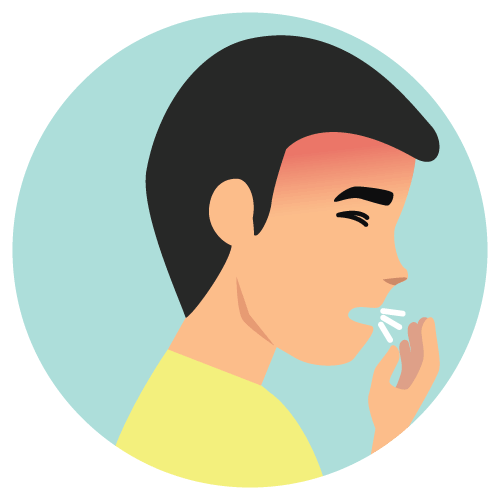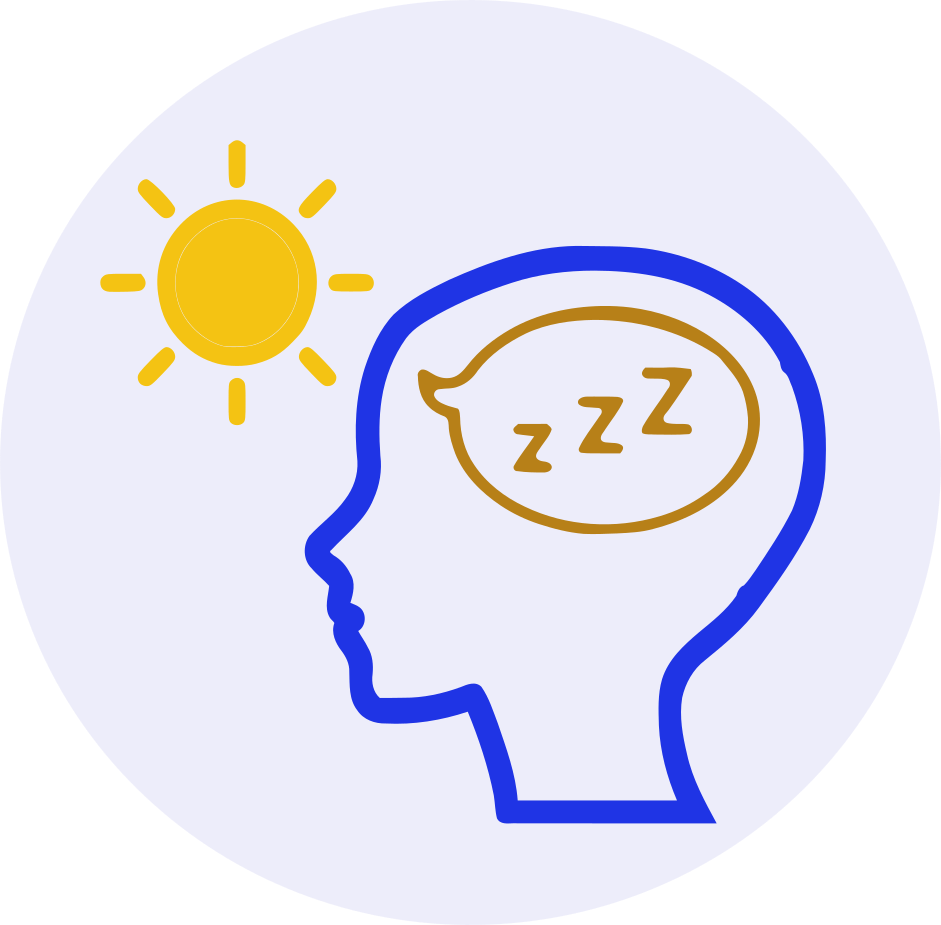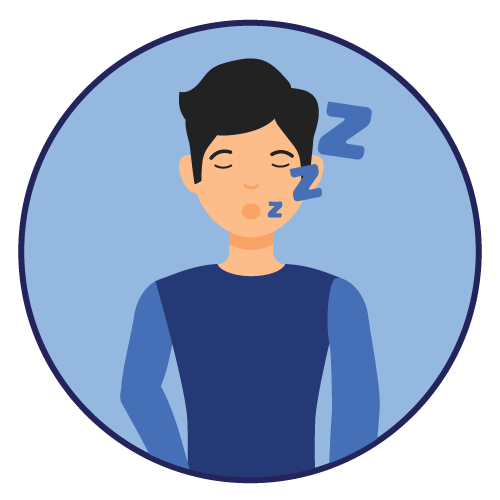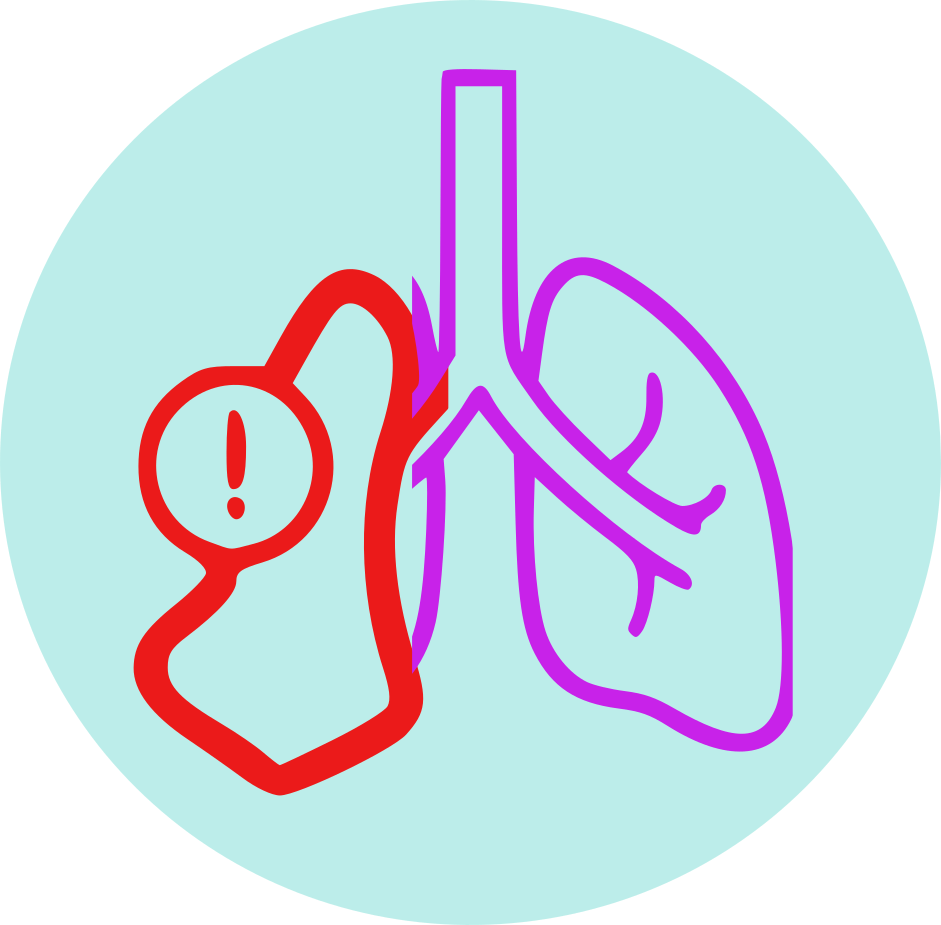| Name | Dextromethorphan |
| Classes |
Respiratory Agent Antitussive |
| Diseases |
Bronchitis Cold Coughing Respiratory Disease Sinus Inflammation Sore Throat URTI (Upper Respiratory Tract Infection) |
Dextromethorphan
Dextromethorphan is an antitussive agent. This agent crosses the blood-brain barrier and activates sigma opioid receptors in the central nervous system's cough center, suppressing the cough reflex. This agent crosses the blood-brain barrier and activates sigma opioid receptors in the central nervous system's cough center, suppressing the cough reflex.
Dextromethorphan is indicated as an antitussive, for the relief of an unproductive cough.
Adults and Children aged 12 years and over:
- 10 ml syrup (15 mg dextromethorphan) 4 times a day.
- Maximum daily dose: 40 ml syrup (60 mg dextromethorphan)
Children under 12 years:
- This product is contraindicated in children under the age of 12 years
Dextromethorphan may cause-
- drowsiness
- somnolence
- dizziness
- diarrhea
- Patients with acute or chronic asthma, a persistent or chronic cough such as occurs with chronic bronchitis or emphysema, or cough accompanied by excessive secretions should not use this product unless directed by a physician.
- Even at therapeutic doses, prolonged use of this product may result in drug dependence (addiction) in all patients.
- Restlessness, lacrimation, rhinorrhea, yawning, perspiration, chills, myalgia, mydriasis, and palpitations are all symptoms of drug withdrawal syndrome.
- Serotonergic effects, including the development of a potentially fatal serotonin syndrome, have been reported with concomitant administration of dextromethorphan and serotonergic agents such as selective serotonin re-uptake inhibitors (SSRIs), drugs that impair serotonin metabolism (including monoamine oxidase inhibitors (MAOIs)) and CYP2D6 inhibitors.
Contraindication
- Dextromethorphan is contraindicated in individuals with known hypersensitivity to dextromethorphan or to any of it's excipients.
- Dextromethorphan should not be used in patients taking monoamine oxidase inhibitors (MAOIs), or within 14 days of stopping MAOI treatment. Examples of MAOI include-
- Concomitant administration with SSRI is contraindicated-
None known.
- Not to be used in children under the age of 12 years.
- Contraindicated in patients in, or at risk of developing respiratory failure.
|
|
 Bangla
Bangla English
English




